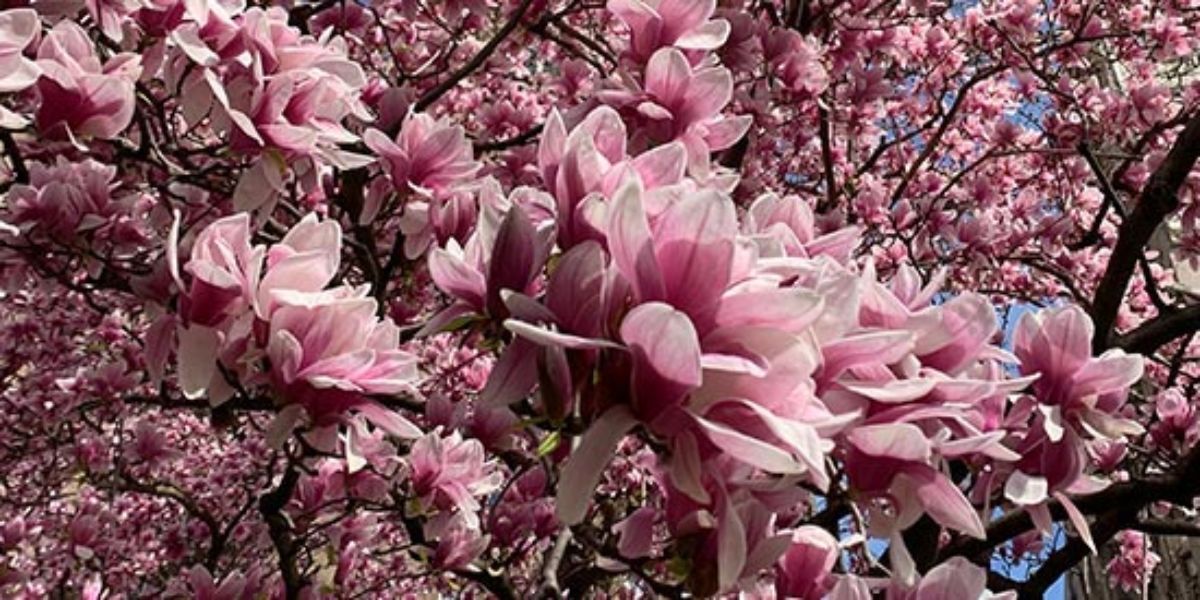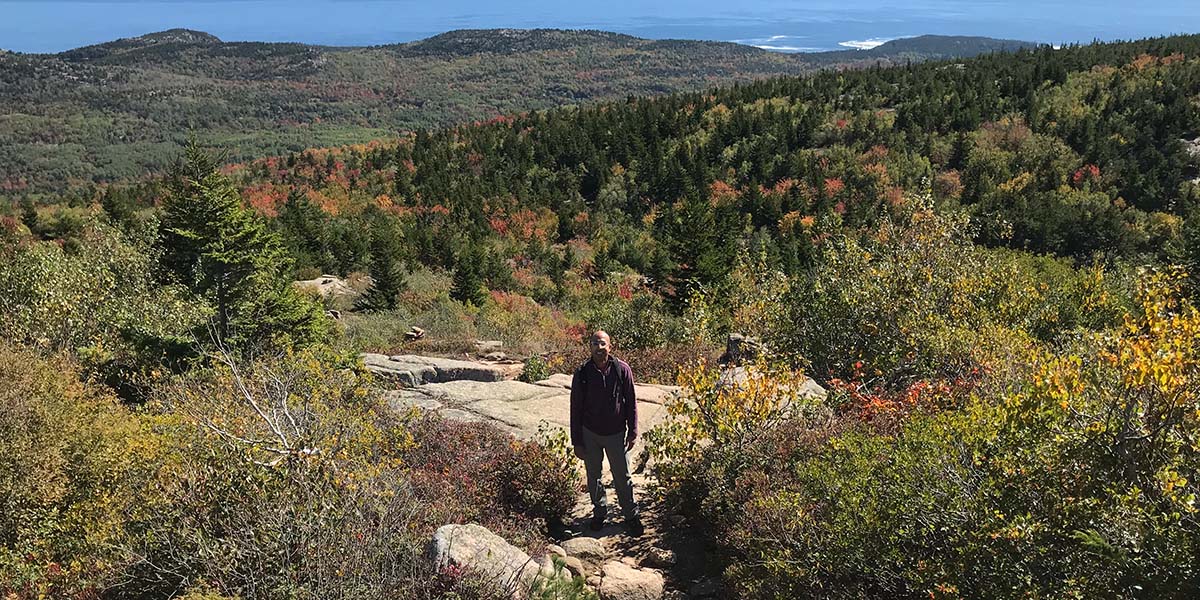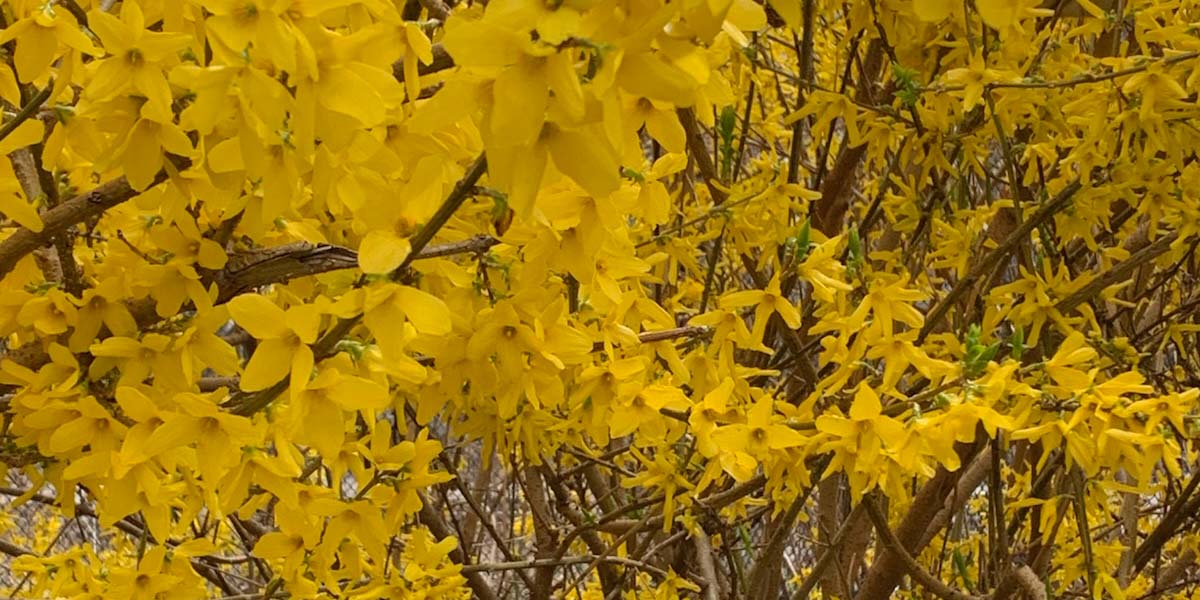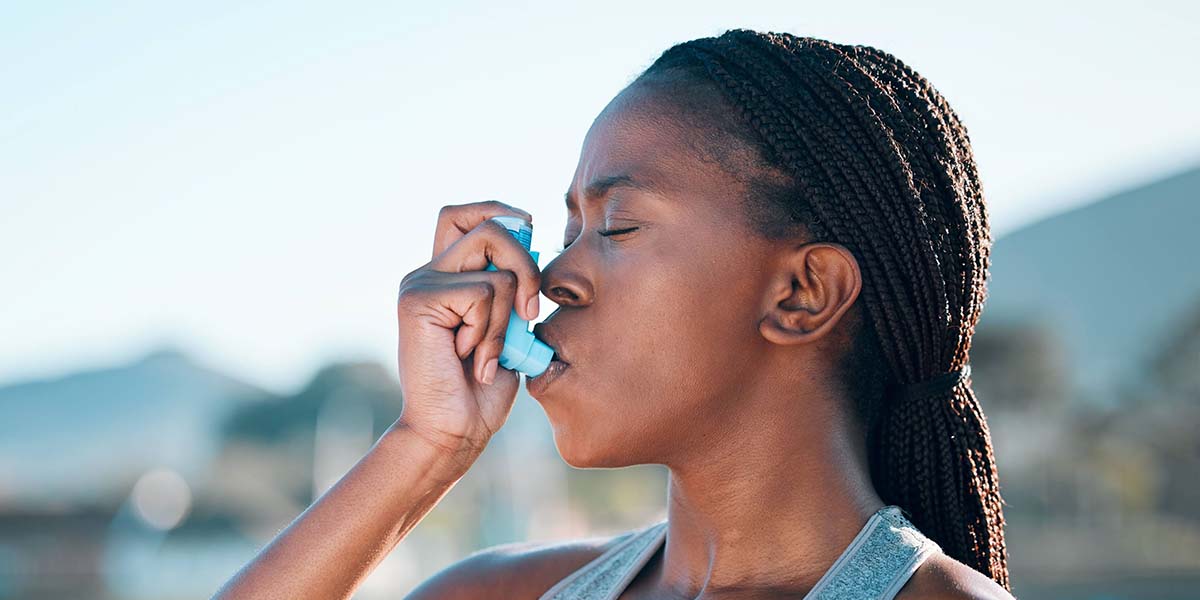Are your allergy symptoms flaring up in late summer and early fall? If so, ragweed…

Warmer Temperatures Trigger Spring Allergies
By Dr. Manav Segal, Board Certified Allergist and Immunologist
For January, the average contiguous U.S. temperature was 35.5°F, 5.4 degrees above the 20th century average, ranking fifth warmest in the 126-year record.
The Northeast had its 10th warmest January since 1895 with an average temperature of 29.9 de-grees, which was 6.7 degrees warmer than normal. This January ranked among the fifteen-warmest Januarys on record for all twelve Northeast states.
As a consequence of warmer winters, the spring season started earlier and will last longer. That translates into an increase in the amount of pollen. These changes will have immediate and future effects on health, especially for those individuals with allergies and asthma.
Tree pollen levels are on the rise. See Pollen.com for a National Allergy Map that provides an up-to-date allergy forecast.
Allergy symptoms include: Itchy watery eyes, sneezing, runny nose, cough, wheezing, and eczema.
Get ahead of the symptoms and put your treatment plan in place now.
Avoid: Whenever possible, avoid the conditions that cause irritation
- Tree pollen season for the Philadelphia region runs from the end of February through April.
- Stay indoors when tree pollen peaks in the early morning.
- Stay indoors on hot, windy days when pollen levels tend to be higher.
- Wear eye protection when biking.
- Keep windows closed when driving.
- Remove and wash clothes you’ve worn outside.
- Shower to rinse pollen from your skin and hair.
Treat: A number of prescription and over-the-counter medications can help. Medications should only be used as directed by prescribing information or as directed by your doctor.
- Non-drowsy antihistamines are the first line of defense: loratadine, cetirizine, fexofenadine, and levocetirzine are all examples.
- Corticosteroid nasal sprays can also be used: any fluticasone nasal spray, budesonide nasal spray, or triamcinolone nasal spray.
- Decongestants are helpful for nasal congestion, but side effects are common.
- Saline eye drops and cool compresses may help for ocular symptoms.
Corona virus: COVID-19 symptoms are distinct from typical seasonal allergy symptoms.
- Fever is seen with COVID-19 (not with seasonal allergies).
- Persistent dry cough is a common symptom of COVID-19 (not so much with seasonal aller-gies).
- Achy muscles and severe fatigue is common with COVID-19 (not with seasonal allergies).
- Nausea, vomiting, and diarrhea are seen with COVID-19 (not with seasonal allergies).
- COVID-19 symptoms do not improve with antihistamines.
See an Allergist: More serious allergy indications include asthma symptoms such as coughing, wheezing, and shortness of breath. When avoidance and over-the-counter medications are not helping:
- See your allergist.
- Testing can determine what you are allergic to in order to avoid specific triggers.
- Testing can help determine treatments that are likely to work.
- For some, immunotherapy can be a good option.
Immunotherapy reduces immune system reactions and symptoms. Guided by a board-certified allergist, immunotherapy helps desensitize people to specific allergens by retraining the immune system to tolerate them. The key is to identify your seasonal allergy triggers and then work with your doctor to determine the right balance of strategies that enables you to reclaim your lifestyle and enjoy the season once again.
Dr. Manav Segal is a leading Philadelphia-area allergist and immunologist who treats asthma and allergies in children and adults and provides breakthrough Oral Immunotherapy (OIT) to treat se-vere food allergies. Dr. Segal is Board certified by the American Academy of Allergy, Asthma and Immunology and the American Board of Internal Medicine, and is Chief of Allergy & Immunology at Chestnut Hill Hospital. http://www.philadelphia-allergy.com/
References:
https://www.ncdc.noaa.gov/sotc/national/202001
Ziska et al. Temperature-related changes in airborne allergenic pollen abundance and seasonality across the northern hemisphere: a retrospective data analysis.
The Lancet Planetary Health Volume 3, Issue 3, March 2019, Pages e124-e131.
https://www.climate.gov/news-features/climate-and/climate-allergies
https://www.mayoclinic.org/diseases-conditions/hay-fever/in-depth/seasonal-allergies/art-20048343



